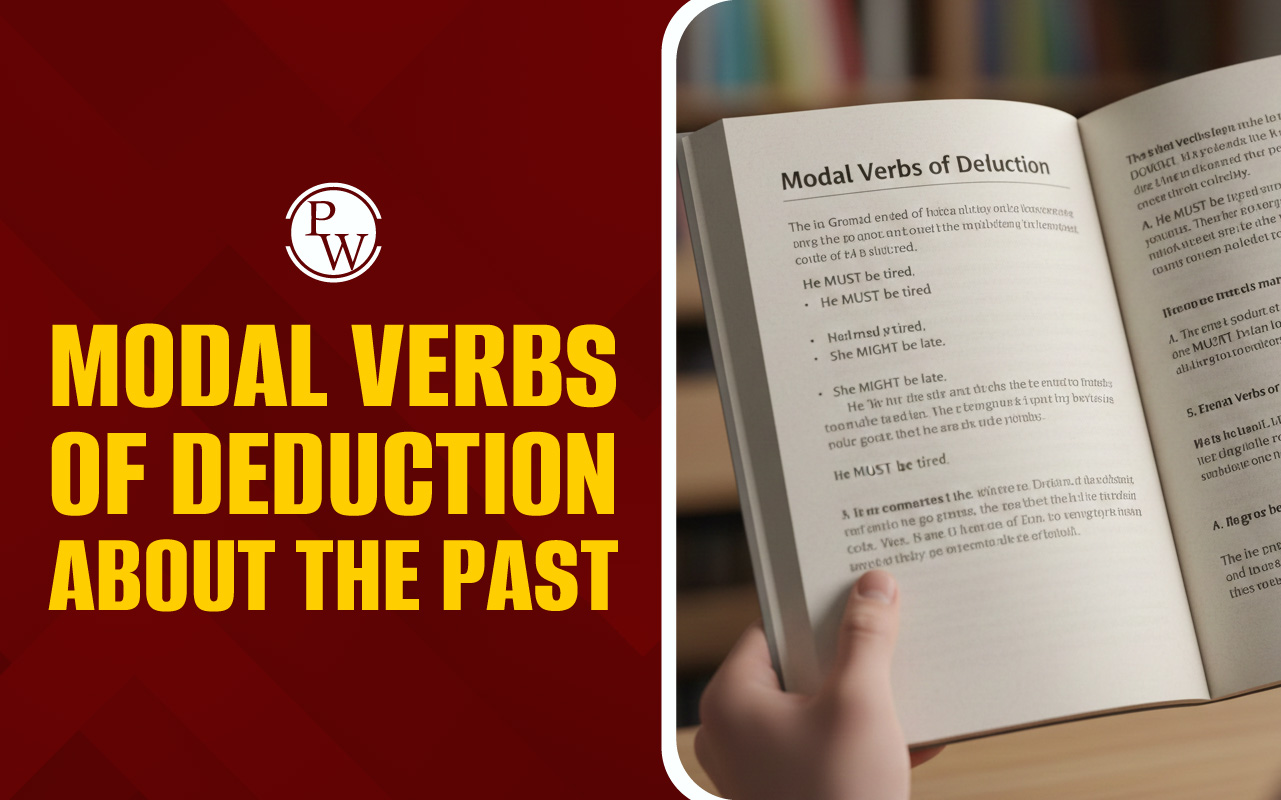
IELTS Essay Structure: When it comes to IELTS Writing Task 2, you're expected to write a formal essay in response to a given question or issue. To aim for a higher band score, it’s really important to follow a structure that’s both clear and logical. A well-organised essay helps your examiner follow your arguments easily and also boosts your marks under the Coherence and Cohesion criteria.
In this guide, we’ll go over the ideal structure for IELTS essays. We’ll look at what each paragraph should include and offer practical tips on writing effective introductions, detailed body paragraphs, and strong conclusions.
Why Essay Structure Matters in IELTS
The structure of your essay plays a key role in how examiners evaluate your writing. A strong structure helps you:
-
Present ideas logically
-
Support your arguments clearly
-
Avoid repetition and confusion
-
Meet the criteria of Coherence and Cohesion
Whether you are writing an opinion essay, a discussion essay, an advantages/disadvantages essay, or a problem/solution essay, the basic structure remains largely the same.
IELTS Essay Types:
IELTS Essay Structure
A standard IELTS essay has four main parts:
-
Introduction
-
Body Paragraph 1
-
Body Paragraph 2
-
Conclusion
Let’s explore each part in detail.
1. Introduction
Your introduction should do two things:
-
Paraphrase the question
-
State your main idea (thesis statement)
Tips:
-
Avoid copying the question word-for-word
-
Keep the introduction short (2–3 sentences)
-
Do not include examples or reasons yet
IELTS Writing Scoring, Marking Scheme and Score
2. Body Paragraph 1
This paragraph discusses the first main idea. Depending on the essay type, this could be one side of the argument or the first reason/example.
Structure:
-
Topic sentence (introduce the idea)
-
Explanation (why or how)
-
Example (support with evidence or an example)
Tips:
-
Stay on one idea per paragraph
-
Use linking words (e.g., “For example”, “In addition”)
-
Avoid informal language
100 IELTS Essay Questions, Types, Preparation Tips
3. Body Paragraph 2
This paragraph presents the second main idea or opposing view, depending on the question.
Structure:
-
Topic sentence
-
Explanation
-
Example
Tips:
-
Keep the structure similar to the first body paragraph
-
Maintain balance when discussing both views
-
Use formal transitions (e.g., “However”, “Conversely”)
IELTS Writing Tips, Strategy, and Practice
4. Conclusion
The conclusion summarises the main points and clearly states your final opinion.
Structure:
-
Summarise the key arguments
-
Restate your opinion clearly
Tips:
-
Do not introduce new ideas
-
Use clear summary phrases (e.g., “In conclusion”, “To sum up”)
-
Keep it short and impactful
Also Read:
Common IELTS Essay Types and How Structure Applies
Check the IELTS essay types and structure
|
Essay Type |
Body Paragraph 1 |
Body Paragraph 2 |
|---|---|---|
|
Opinion Essay |
Reason 1 for your opinion |
Reason 2 for your opinion |
|
Discussion Essay |
Viewpoint 1 |
Viewpoint 2 + your opinion |
|
Advantage/Disadvantage |
Advantages |
Disadvantages |
|
Problem/Solution |
Problem(s) |
Solution(s) |
|
Two-part Question |
Answer to Question 1 |
Answer to Question 2 |
IELTS Writing Task 2 Sample Essay
Question:
Some people believe that unpaid community service should be a compulsory part of high school programmes (for example, working for a charity, improving the neighbourhood, or teaching sports to younger children).
To what extent do you agree or disagree?
Essay
These days, school life mostly revolves around grades, exams, and academic pressure. But I honestly think that students should be doing more than just studying. Making unpaid community work a part of high school programmes is a good idea in my opinion. Not only does it help the society around them, but it also helps students grow in ways that formal education can’t.
One big reason I support this is because community service teaches real-life lessons. When a student helps out in a shelter or teaches a sport to younger kids, they learn things like kindness, teamwork, and patience. These things might sound simple, but they really shape a person’s personality. I still remember one of my cousins helping at an old age home during school. It wasn’t just good for his college application, it actually changed how he viewed people and relationships.
Another thing is that these small contributions can push students to be more socially aware. Many teenagers live in a bubble without realising how different life is for others. Volunteering makes them step outside their comfort zone. Even something like cleaning a park with a group can give them a new sense of belonging. It builds confidence too, which, to me, is just as important as academics.
I get that some people think it’s unfair to force students to work without pay when they’re already busy with studies. But I believe if it’s managed properly like once or twice a week or during school breaks, it won’t be too much. In fact, for some students, it can be a refreshing break from their textbooks.
To sum it up, making community service a part of high school isn’t about adding pressure, it’s about helping students grow into thoughtful and grounded individuals. It’s a chance for them to look beyond their own world and understand the value of giving back. And honestly, that’s a lesson worth learning early.
IELTS Writing Task 2 Topics 2025 with Examples and Strategies
Useful Linking Words for IELTS Essays
Here are some helpful phrases to connect your ideas:
-
Adding Information: Moreover, In addition, Furthermore
-
Giving Examples: For example, For instance, Such as
-
Contrasting Ideas: However, On the other hand, Nevertheless
-
Concluding: In conclusion, To summarise, Overall
Latest IELTS Opinion Essay Topics 2025 with Tips to Answer
Tips to Improve Your Essay Structure
Some major tips to improve your IELTS essay structure are as follows:
-
Plan before writing: take 3–5 minutes to outline your ideas
-
Use one main idea per paragraph
-
Check coherence: make sure each sentence connects logically
-
Avoid overly long sentences: keep them clear and focused
-
Review your work: leave time to correct grammar and structure
Guidance of PW IELTS
Physics Wallah offers multiple online IELTS courses for all students. Follow the IELTS pages to better prepare for the exam.
| What is IELTS Exam? | Documents Required for IELTS Registration |
| IELTS exam eligibility requirements | IELTS Exam Fees |
| IELTS test results | IELTS Exam Pattern |
IELTS Essay Structure FAQs
Can I use five paragraphs in my IELTS essay?
How long should each paragraph be?
Is it okay to use bullet points in the IELTS essay?
Should I write a conclusion even if I run out of time?
What happens if I mix up the structure?







